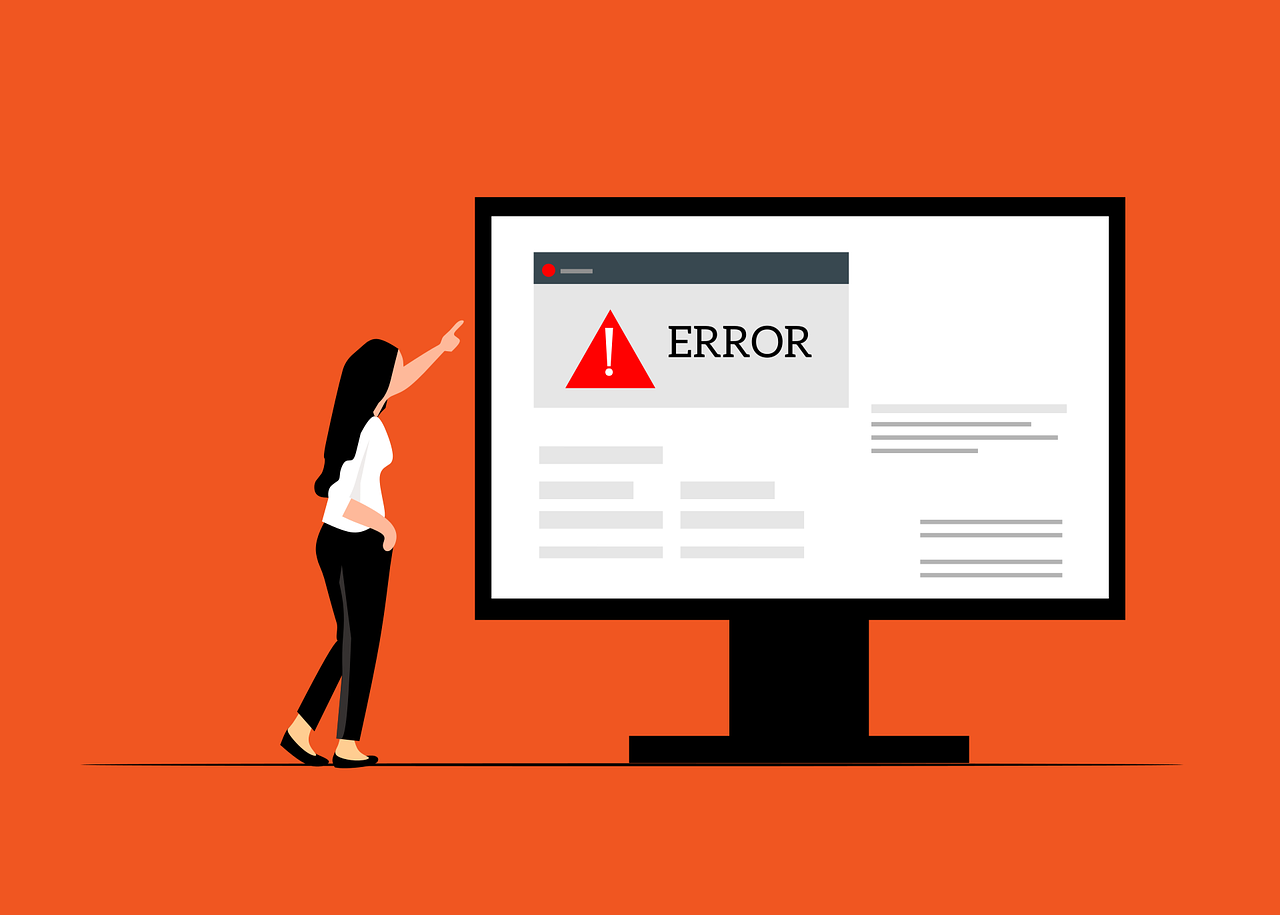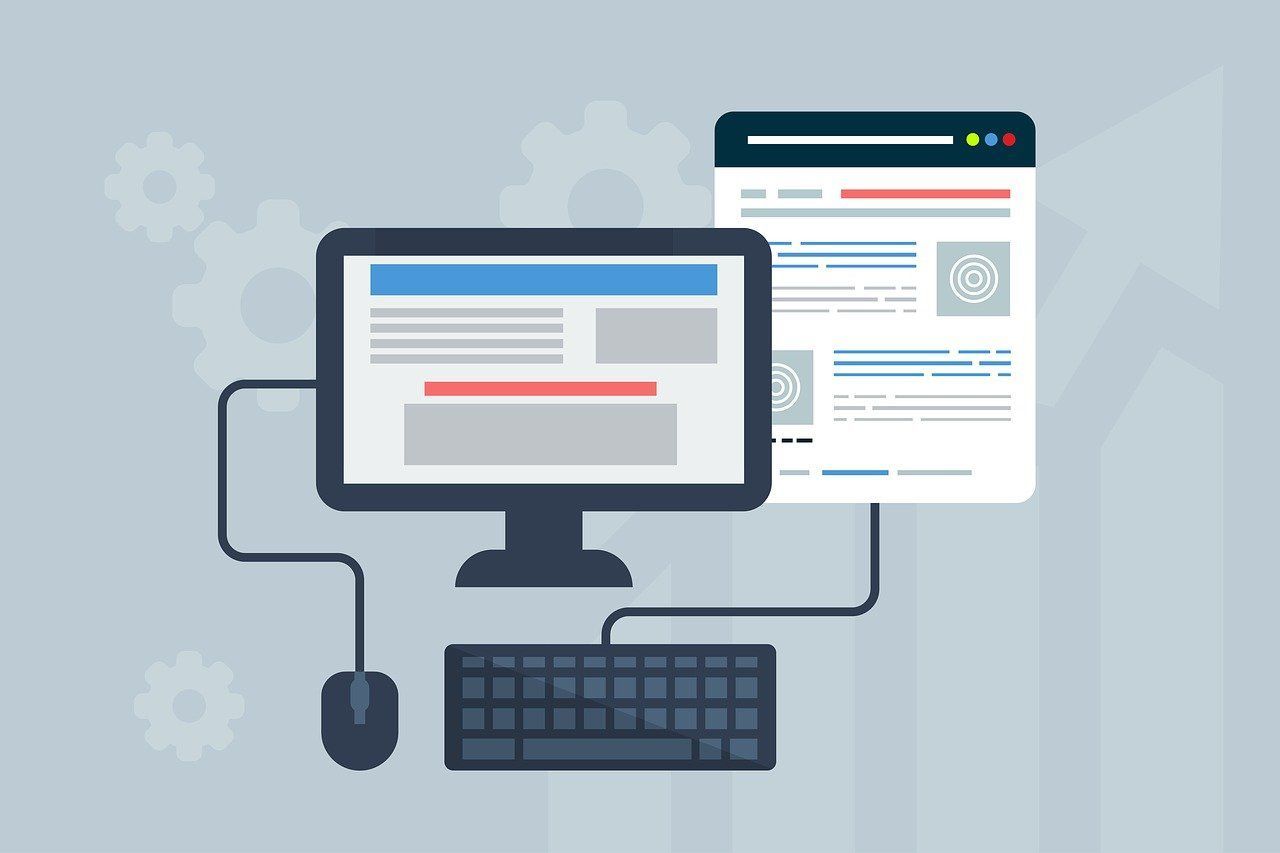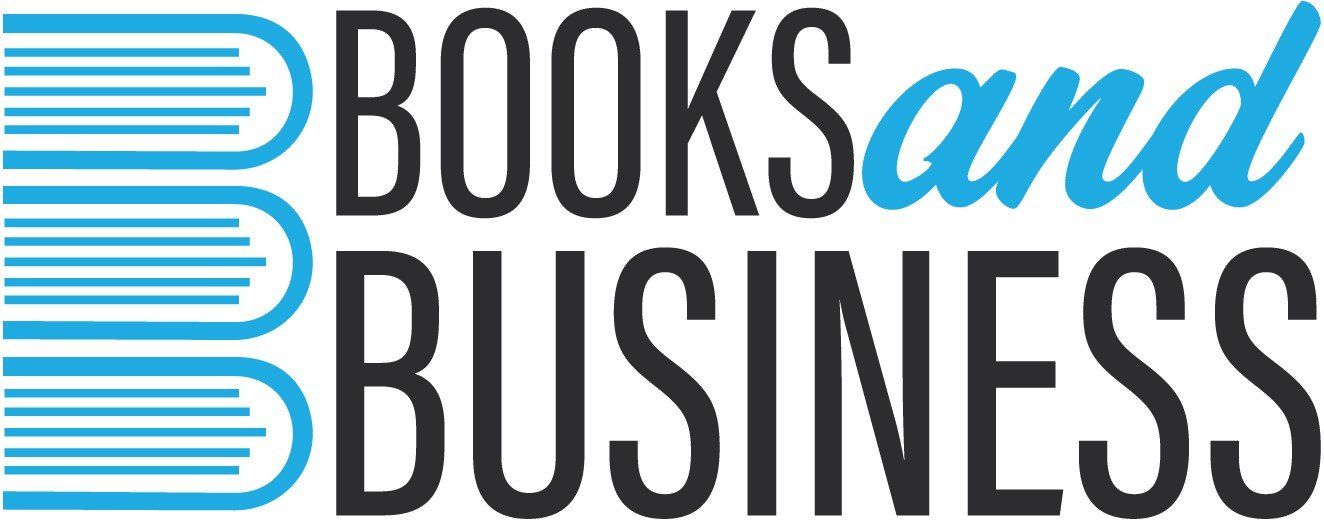Hit the December deadline to have your tax collected through PAYE
As the year draws to a close, it's time to wrap up loose ends, and for many, that includes filing their self-assessment tax return. While the official deadline for self-assessment tax returns is January 31st, filing by December 30th brings an added advantage for those looking for HMRC to collect their tax through their PAYE tax code. Meaning if your income tax is deducted through PAYE and you receive additional income, perhaps from a side hustle, that requires you to submit a self-assessment tax return, payment does not necessarily need to be made by 31st January.
For those who prefer the convenience of spreading their tax payments throughout the year, using the PAYE system can be an excellent option. PAYE allows you to have the owed tax deducted directly from your salary, minimising the impact of a lump sum payment on 31st January by simply adjusting your tax code.
In order to take advantage of this method of paying your self-employed tax, you must file your self-assessment tax return by December 30th. There are however a number of conditions in order to pay your self-assessment tax bill through PAYE:
- You owe less than £3,000
- Already pay tax through PAYE
- Submit your self-assessment tax return by 30th December
Unfortunately, you cannot pay via PAYE if you don’t have enough PAYE income in order for HMRC to collect what is owed, or if you would pay more than 50% of your PAYE income in tax, or if it would be twice as much as your usual tax amount.
An attractive arrangement for some, especially as paying by this method means the first instalment does not fall due until April 2024. The remaining instalments are split across a full year, with no interest due! Even more convenient is that if you file your self-assessment tax return by 30th December and all conditions are met, HMRC will automatically amend your tax code ready to collect the tax owed from April 2024.
If you don't want HMRC to collect your tax in this way and you have been organised and filed by 30th December you will need to advise them accordingly by checking the relevant box in the “finishing your tax return” section of the self assessment form.
A reminder that anyone who doesn’t submit their tax return by 31st January is subject to an automatic fine from HMRC for £100.




